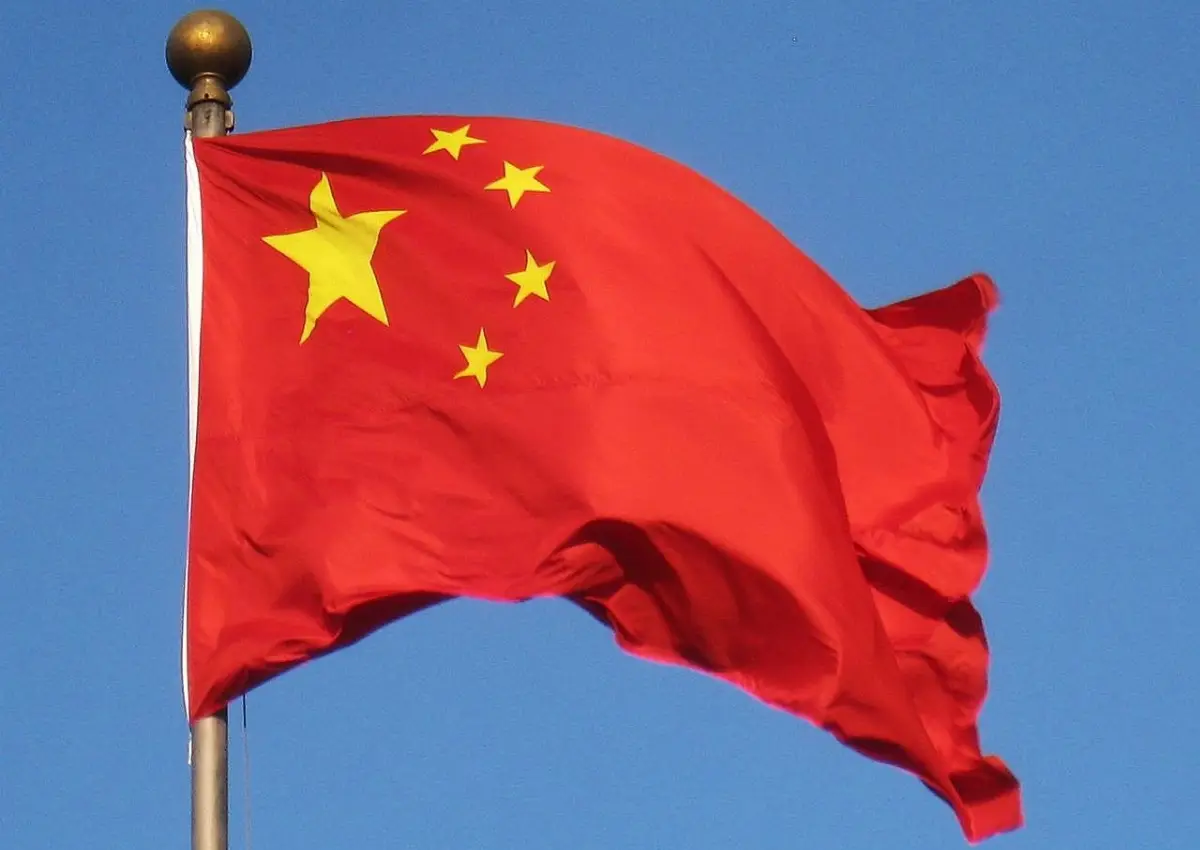
80th since the end of World War II: China announces an unprecedented parade
It will take place on September 3rd, and will demonstrate its strength by showcasing its most advanced military technologies

Beijing will on this occasion receive a visit from Putin, in a geopolitical climate that today sees the Dragon maintaining a position of active "neutrality" but with growing global assertiveness
China announced today its intention to host a grand military parade at Tiananmen Square, Beijing, on September 3rd, to commemorate the 80th anniversary of the end of World War II. The event, described as a celebration of the "victory in the War of Resistance Against Japanese Aggression (1937-1945)", will be presided over by President Xi Jinping, who will deliver a speech on the occasion.
The official news agency "Xinhua" previewed that the parade will be an opportunity to "showcase new combat capabilities, including intelligent unmanned systems, submarine warfare units, cyber and electronic forces, and hypersonic weapons". All equipment that will parade will be of "domestic production and already in service", emphasizing China's accelerated technological development and independent innovation in the defense sector. The event aims to reflect the new operational methods of the Chinese armed forces in command and joint actions, demonstrating their ability to evolve in line with scientific and technological progress and to "win future wars".
The parade will feature "marching formations, armored columns, and aircraft maneuvers". The marching formations will illustrate the new military structure resulting from recent reforms and reorganizations of the People's Liberation Army, while the armored columns will exhibit the "most recent advances in military system construction". The aerial formations will focus on the "rapid evolution of China's advanced combat air forces". Troops who have participated in peacekeeping missions are also expected to be present, underscoring "China’s responsibility as an important country in fulfilling its international obligations and maintaining world peace".
Geopolitical Context and China's Position
The announcement of this imposing parade comes at a time of delicate geopolitical balances. The expected presence of Russian President Vladimir Putin, as confirmed by the Kremlin last week, highlights the growing understanding between Beijing and Moscow, with Xi having already participated in the commemorations in Russia in May for the 80th anniversary of the end of World War II in Europe. China also plans to host the Shanghai Cooperation Organization (SCO) summit in Tianjin this autumn, with leaders of the 10 member countries (including Russia, India, Pakistan, and Iran) likely to attend the events in Beijing.
Despite the evident strengthening of its military capabilities and strategic alliances, China has maintained an official position of "neutrality" regarding the major ongoing global conflicts, particularly the war in Ukraine. Beijing has so far avoided providing explicit direct military support, instead promoting an image of a responsible global actor and peace mediator. This parade, while being a historical celebration, also serves to project the image of an increasingly powerful and assertive China on the world stage, capable of autonomous technological innovation and military deterrence, all while balancing its role with a declared commitment to international stability.
The agenda of the commemorations will also include ceremonies on July 7th for the "Marco Polo Bridge Incident" of 1937, which marked the beginning of the full-scale war with Japan, and on December 13th to honor the victims of the Nanjing Massacre, an event that, according to Chinese estimates, caused over 300,000 deaths, although the figures remain a subject of historical debate with Japanese estimates.
AVIONEWS - World Aeronautical Press Agency